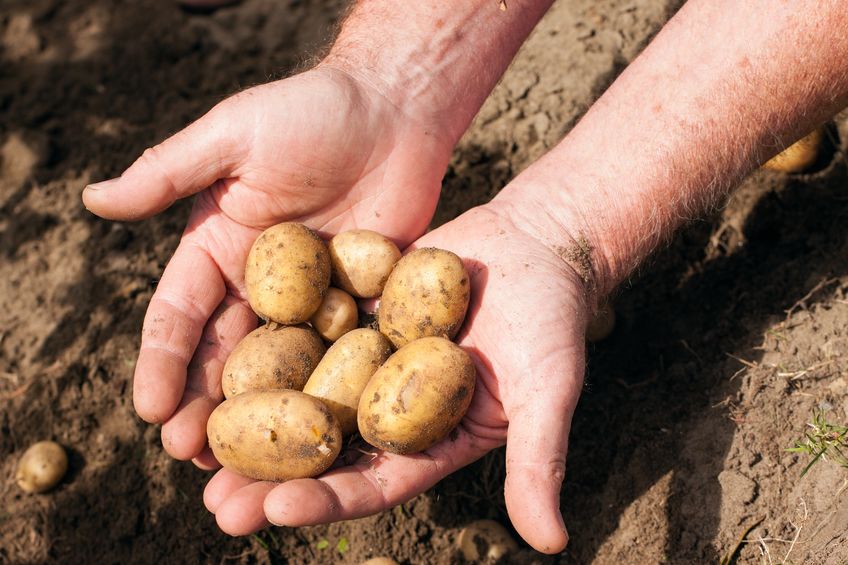
The cold spring has increased the threat of pathogenic fungus Rhizoctonia on the GB potato crop, AHDB has warned.
During April 2021, growers across the country experienced cold dry conditions which hasn't been seen in some years.
Moving into May much of the country has received - or is about to receive - some much-needed rain along with an increase in temperatures.
Following the colder, drier conditions throughout the first half of spring this could cause problems due to Rhizoctonia solani, AHDB said.
Rhizoctonia is both a seed and soil-borne fungal pathogen which is found in a range of crops, including potatoes, worldwide.
Infected seed and inoculum already present in the soil are the main causes of infection.
It can also cause up to 30 percent yield losses attributed to weight loss whilst in store.
"Rhizoctonia will be a threat to watch out for especially early in the season," said Antonia Walker, senior knowledge transfer manager at AHDB Potatoes.
"Emerging sprouts may be attacked and then later on – the base of the stem will become vulnerable.
"Symptoms could appear as blackened sprouts, causing secondary sprouts to grow – these may also become infected. Sprouts may not emerge under severe attack."
The current chemical options available as treatments for protection against Rhizoctonia solani are flutolonil, azoxystrobin, fludioxonil and fluxapyroxad.
However, there are also newer actives on the horizon which include biological approaches as well as chemical options.
